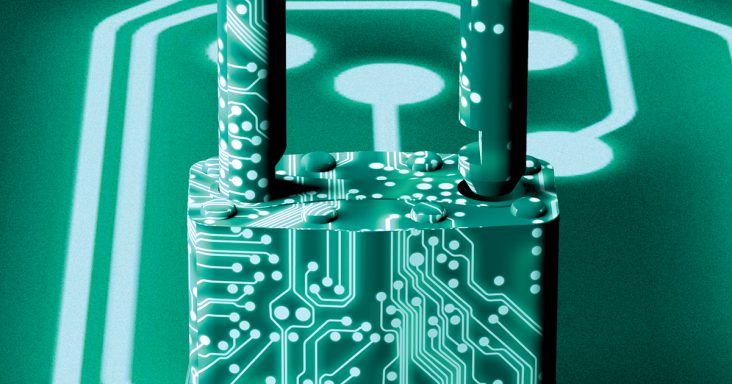While technology transforms the world, threats grow more sophisticated
by February 7, 2018 3:32 pm 1,433 views

“If you don’t think you’re getting breached, you are. Every company is getting breached. Every company is getting attacked.”
Those are the ominous words of Sheila Jordan, CIO of California-based Symantec, speaking about the pervasiveness of cyberattacks at a Northwest Arkansas tech conference in the summer of 2017.
While technology continues to astound and advance, the threat from criminals and troublemakers is growing in sophistication, not frequency.
In April 2017, Symantec released a report showing that more than 7 billion identities have been exposed through data breaches. In the past three years, 1.1 billion identities were exposed in 2016, 564 million in 2015 and 1.2 billion in 2014. There were 1,209 breaches in 2016, 1,211 in 2015 and 1,523 in 2014, according to the report. In breaches with more than 10 million identities exposed, there were 15 in 2016, 13 in 2015 and 11 in 2014.
“What has changed is the sophistication of attacks regarding use by the attackers of the victim’s ‘digital footprint‘ — such as website information, social media profiles, social media postings — to create more personally targeted and enticing attacks,” said John Burgess, CEO of Little Rock-based Mainstream Technologies.
He said the amount of research and development effort spent by attackers on discovering software vulnerabilities and developing malware to exploit them is requiring more protection.
“Looking forward, Internet of Things [IoT]-related breaches will be the next big thing,” Burgess predicts. “The largest Distributed Denial of Service [DDOS] attack in history happened in 2017 and didn’t use a single ‘computer.’ It used exclusively hijacked, web-attached security cameras. This is just the tip of the iceberg. Think ‘when espresso machines attack.’”
In Arkansas, public and private leaders are addressing cybersecurity. Not only are they investing in protection for their organizations, but there could be economic development opportunities on the horizon. Gov. Asa Hutchinson traveled to Israel on a trade mission in June 2017.
“In Israel, they are incredibly forward looking on technology,” Hutchinson said. “They liked what we are doing in Arkansas in terms of computer science and technology education. It fits in well with a cyber security front there and the Israeli companies are doing business in the United States as well.”
Like many industries, the healthcare sector is increasing its investment in data protection for patients. After reassessing the repercussions of recent data breaches and cyber security vulnerabilities, the Arkansas Hospital Association partnered with Tennessee-based Clearwater Compliance to provide services to its 101 member institutions.
In 2018 and beyond, the tech world won’t just be playing defense. We live in an age that is disruptive, innovative, life-changing and world-saving. Artificial intelligence, data analytics, augmented and virtual reality, quantum computing, blockchain and the aforementioned IoT are all transforming the way we conduct our professional and personal lives.
“It’s an amazing time to get to be in the technology space as so many technologies like artificial intelligence, augmented and virtual reality and quantum computing are growing exponentially,” said Michael Paladino, chief technology officer at the software development company RevUnit in Bentonville. “2018 will see many of these emerging technologies move into mainstream usage while others continue to incubate.”
While living during a technological revolution is exciting, could the external threats posed by criminal activity eventually outweigh the benefits? Mainstream’s Burgess argues no way.
“Pandora’s Box has been opened and we’re all in the technology business in some form or fashion. We rely on it to operate our businesses, we use it to communicate with our families,” he said.
“The potential is endless and the opportunities are too valuable to ignore. But, as long as there is good, there will be bad. While there will continue to be highly public and increasingly painful attacks, this will lead to more awareness of security in the design of new devices and software and, like better building codes which result from disasters, will result in improved security for these incredible new advances.”
(Northwest Arkansas Business Journal reporter Jennifer Joyner contributed to this report.)
